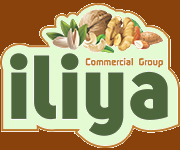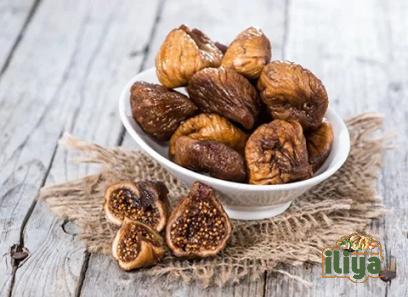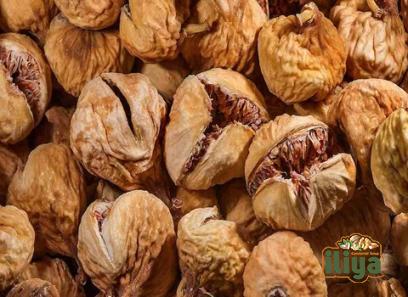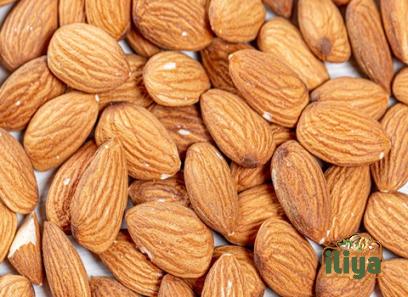Roasted cashew nuts have gained immense popularity in Bangladesh in recent years. This article aims to provide a summary of the growing trend and highlight the reasons behind the surge in demand for roasted cashew nuts in the country’s market.
1. Background:
Cashew nuts are primarily grown in the southern regions of Bangladesh, including Cox’s Bazar, Rangamati, Khagrachhari, and Bandarban. Historically, cashew nuts were primarily exported as raw materials, with minimal processing taking place within the country. However, over time, there has been a significant shift towards domestic processing, leading to the emergence of roasted cashew nuts as a popular snack among consumers.
2. Demand Dynamics:
The demand for roasted cashew nuts in Bangladesh has witnessed a significant upswing due to several factors. Firstly, changing consumer preferences have led to a greater demand for healthy and nutritious snacks. Roasted cashew nuts, with their rich protein content and high nutritional value, have quickly gained popularity as a healthier alternative to traditional snacks such as chips or cookies.
Furthermore, the rise in disposable incomes among the middle-class population has contributed to increased demand for premium and value-added products. Roasted cashew nuts, with their diverse flavors and packaging options, cater to this growing segment of consumers seeking high-quality snacks.
3. Market Trends and Opportunities:
The rise of roasted cashew nuts in Bangladesh has opened up various opportunities for entrepreneurs and investors. One such opportunity lies in the establishment of cashew nut processing plants within the country. Currently, a considerable portion of raw cashews is exported, leaving room for local processing units to meet the rising domestic demand for roasted cashews.
Moreover, the development of a robust supply chain for cashew nuts can lead to employment generation in the rural regions where cashews are primarily grown. This can have a positive impact on the livelihoods of farmers and encourage further investment in cashew plantation and processing.
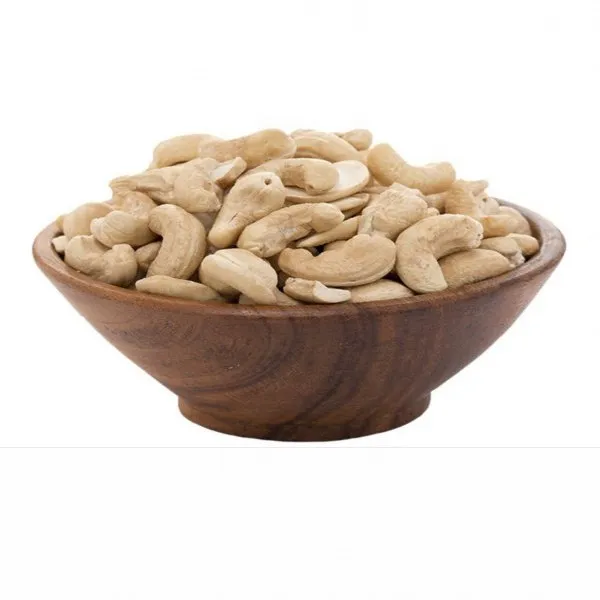
4. Challenges:
Despite the growing demand for roasted cashew nuts, the sector faces several challenges that need to be addressed. Bangladesh’s cashew nut production is still relatively low compared to other countries, such as Vietnam and India. Lack of awareness about the potential of cashew cultivation, limited research and development, and inadequate policy support pose hurdles to the sector’s growth.
Additionally, the lack of modern processing facilities and equipment restricts the industry’s ability to efficiently produce roasted cashew nuts at scale. Addressing these challenges will require collaboration between the government, private sector, and relevant stakeholders to promote research, knowledge sharing, and investment in processing infrastructure.
5. Export Potential:
While the domestic market for roasted cashew nuts is booming, there is also significant export potential for Bangladesh. International markets, especially in the Middle East, Europe, and North America, have a high demand for quality cashew products. With appropriate infrastructure development, product standardization, and market access facilitation, Bangladeshi cashew nut producers can tap into these markets, creating economic opportunities and contributing to foreign exchange earnings.
6. Conclusion:
The rise of roasted cashew nuts in Bangladesh reflects changing consumer preferences, a growing middle-class population, and an increasing demand for healthy snack options. The country has immense potential to capitalize on this trend by focusing on enhancing cashew cultivation, investing in processing infrastructure, and creating favorable policies to support the growth of the sector. With proper attention and collaboration, Bangladesh can position itself as a major player in the global roasted cashew nut market, simultaneously promoting economic growth, job creation, and rural development.Title: The Rise of Roasted Cashew Nut in Bangladesh: A Summary
Introduction:
Roasted cashew nuts have gained immense popularity in Bangladesh in recent years. This article aims to provide a summary of the growing trend and highlight the reasons behind the surge in demand for roasted cashew nuts in the country’s market.
1. Changing Consumer Preferences:
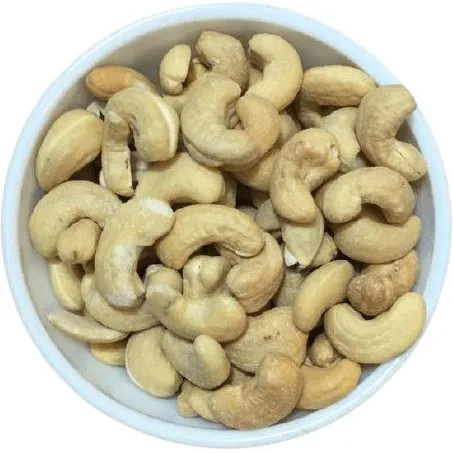
With greater awareness about health and wellness, consumers in Bangladesh have started to prioritize nutritious and wholesome snacking options. Roasted cashew nuts, with their natural goodness and rich protein content, have become a popular choice among health-conscious individuals. They are seen as a healthier alternative to conventional snacks that are often high in calories and saturated fat.
2. Premiumization of Snack Market:
The rise in disposable incomes and changing lifestyles have led to a significant shift in consumer preferences towards premium and value-added snacks. Roasted cashew nuts, with their unique and indulgent flavors, cater to this growing demand. They are often packaged attractively, making them an appealing choice for consumers looking for both taste and presentation.
3. Nutritional Benefits:
Cashews, in their raw form, are already known for their nutritional benefits. However, the roasting process enhances both the flavor and nutritional profile of the nuts. Roasted cashews are packed with vitamins, minerals, and healthy fats that offer numerous health benefits, including improved heart health and reduced risk of chronic diseases.
4. Increased Local Processing:
Traditionally, Bangladesh primarily exported raw cashews with limited domestic processing. However, recognizing the potential for value addition, local entrepreneurs and investors have increasingly ventured into cashew nut processing. This shift has resulted in the availability of a wider range of processed cashew products, including roasted cashews, in the local market.
5. Employment Generation:
The growth of the roasted cashew nut industry has created employment opportunities, particularly in the rural cashew-growing regions. Establishing processing units and value chains has not only increased job opportunities for local communities but has also contributed to the socio-economic development of these regions. The industry has the potential to uplift farmers and provide them with an additional source of income.
6. Challenges in Raw Material Supply:

Despite the rising demand for roasted cashew nuts, Bangladesh faces challenges in meeting the raw material supply required for processing. Currently, a significant amount of raw cashew nuts are still exported due to limited processing capacity within the country. To overcome this challenge, efforts need to be made to promote cashew cultivation, improve productivity, and increase support for farmers in terms of knowledge, training, and financing.
7. Infrastructure Development:
The lack of modern processing facilities and technologies is a notable challenge for the industry. Investing in the establishment of advanced processing plants, including roasting facilities, will allow producers to meet the growing demand for roasted cashew nuts effectively. Additionally, improving storage and transportation infrastructure will help maintain the quality of cashew nuts throughout the supply chain.
8. Research and Development:
Enhancing research and development efforts is crucial to further develop the roasted cashew nut sector in Bangladesh. Collaborations between research institutions, industry stakeholders, and government bodies can lead to innovations in cultivation techniques, processing methods, and product development. Such advancements can help increase yields, improve product quality, and diversify the range of roasted cashew nut variants available to consumers.
9. Ensuring Quality and Safety Standards:
Maintaining consistent quality and safety standards is paramount in the processed food industry. Establishing and enforcing stringent quality control measures will not only ensure consumer satisfaction but also facilitate exports of roasted cashew nuts. Compliance with internationally recognized food safety standards will enable Bangladeshi producers to access and compete in global markets.
10. Market Potential for Export:
While meeting the domestic demand is crucial, the export potential for roasted cashew nuts presents an exciting opportunity for Bangladesh. International markets, particularly in the Middle East, Europe, and North America, have a high demand for quality cashew nut products. Developing market linkages, adhering to international standards, and emphasizing branding and packaging can help Bangladeshi producers establish a strong presence in these markets.
Conclusion:

The rise of roasted cashew nuts in Bangladesh reflects evolving consumer preferences, health consciousness, and increased disposable income. By focusing on promoting cashew cultivation, investing in processing infrastructure, improving quality and safety standards, and exploring export opportunities, Bangladesh can position itself as a major player in the global roasted cashew nut market. This growth will not only create economic opportunities but also contribute to rural development, employment generation, and the overall well-being of the country.
